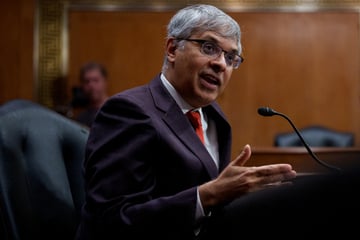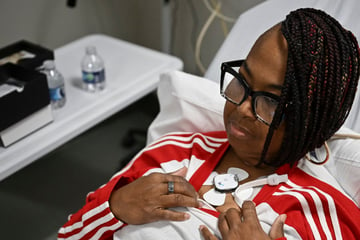WHO members reach agreement on pandemic accord "in principle" as US sits out
Geneva, Switzerland - World Health Organization members on Saturday reached agreement over how to tackle future pandemics after three years of discussions, the co-chair of the negotiating body told AFP.
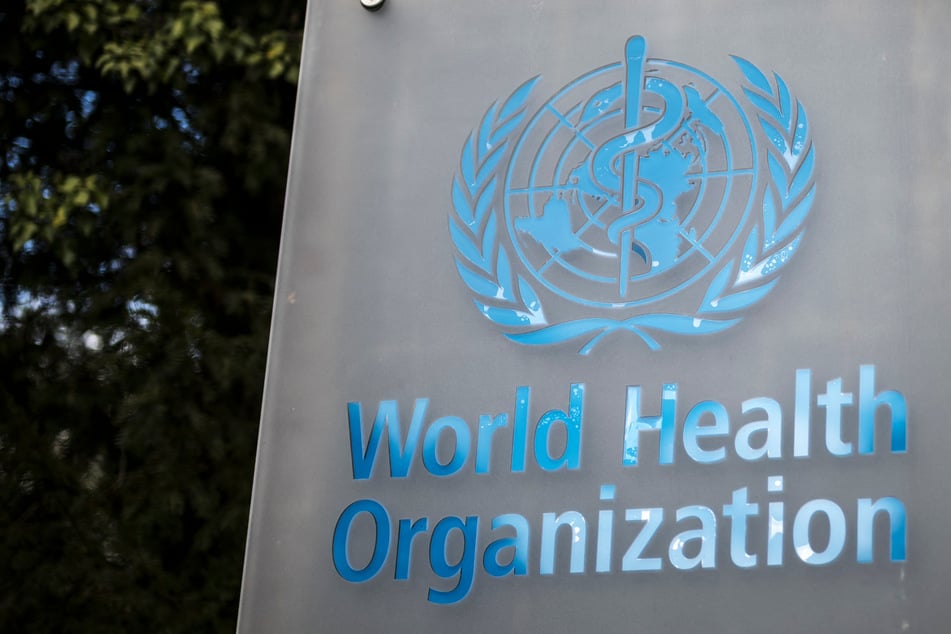
"We have an accord in principle," and the final version will have to be approved by the various member states, said Anne-Claire Amprou, the French ambassador for world health.
Delegates will meet on Tuesday in Geneva to put the finishing touches to a landmark text on pandemic prevention, preparedness, and response and give it their definitive seal of agreement, Amprou added.
That text will require a final seal of approval from all World Health Organization members at the World Health Assembly in Geneva at the end of May.
The breakthrough, which came after a marathon discussion session stretching for almost 24 hours, was welcomed by enthusiastic applause from the delegates lasting several minutes.
"This is a very good signal. You are part of an incredible history in the making," said the WHO's director-general, Tedros Adhanom Ghebreyesus.
"This is a good gift to our children and our grandchildren," said Tedros, who remained with delegates throughout the night as they thrashed out an agreement.
"We're very grateful for their commitment," he said of the delegates' marathon overnight session, in a post on X.
French President Emmanuel Macron also welcomed the agreement.
"With the agreement in principle for a pandemic treaty, the international community is creating a new system to better protect us," he posted on X.
US absent from pandemic accord talks
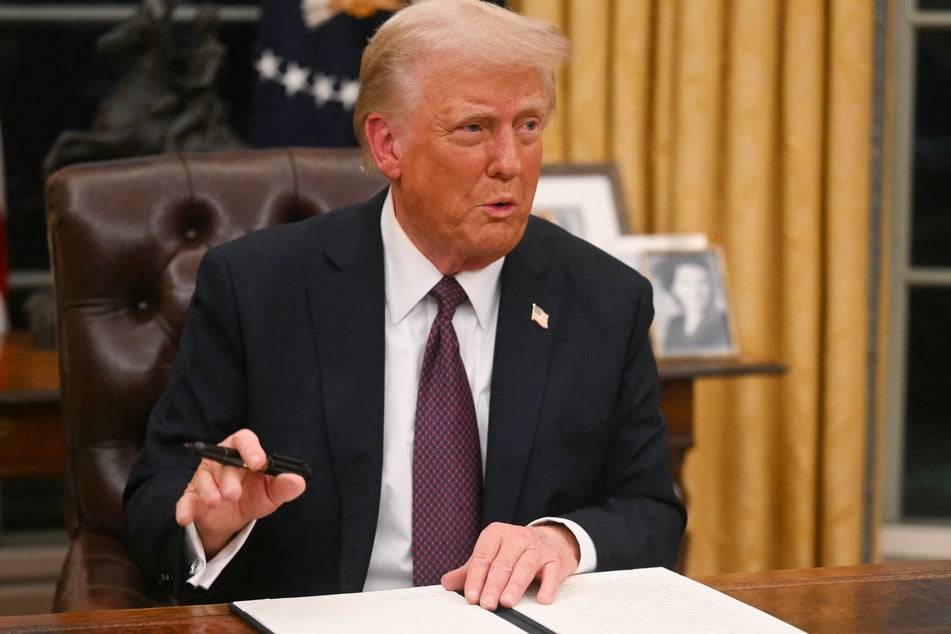
Several sources told AFP one of the main sticking points had been paragraph 11, which deals with technology transfer for production of health products related to pandemics – particularly to benefit developing countries.
Latin American countries are also pushing for facilitation of the transfer.
The issue had been a bone of contention in poorer countries during the Covid-19 pandemic, when they say rich nations hoarded vaccine doses and tests.
Several countries where the pharmaceutical industry is a major economic player oppose the idea of mandatory transfers and have insisted on it being voluntary.
One delegate said this point has been resolved, but the latest version of the text was not available as of Saturday afternoon.
US President Donald Trump in January slashed the international aid program of what had been by far the world's biggest donor nation.
The US was absent from the talks, Trump having said on his return to the White House that his country would leave the WHO, which experts say will heighten risks to the global health risk surveillance system.
Pandemic proposals were scaled back as negotiations dragged on
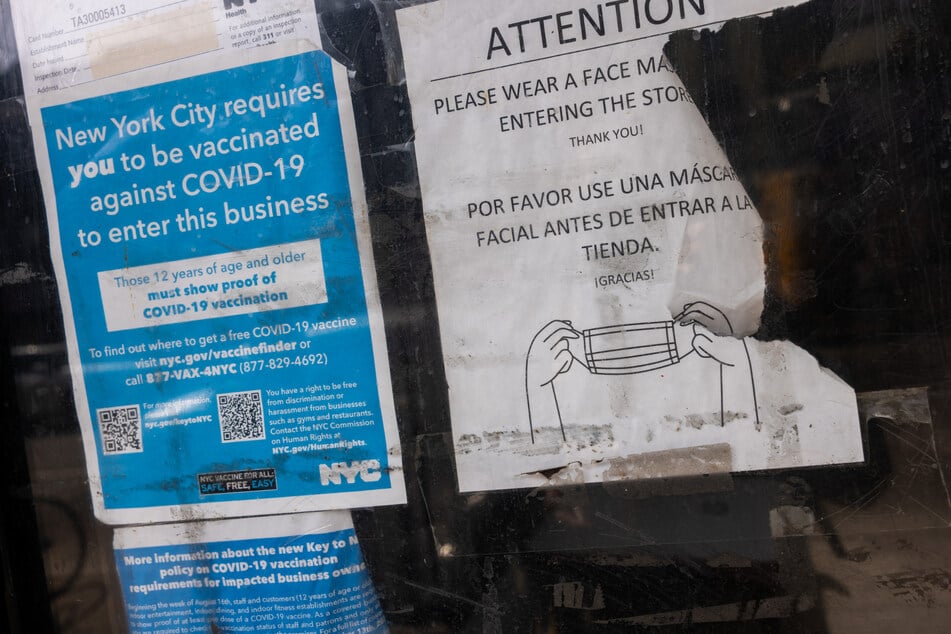
WHO members decided the agreement had to be drawn up in December 2021, two years after the start of the Covid outbreak, which killed millions across the globe and brought the world economy to its knees.
Saturday's text, however, did not match the scale of WHO member states' initial ambitions, said James Packard Love, executive director of Knowledge Ecology International, an advocacy group.
"The initial proposals put forward by the secretary were quite ambitious [but] that's not the case now," he told AFP.
"As the negotiations have dragged on, the trade people have come in, the industry, people have come in. And some people ask me, is the agreement so weak now that it's not worth doing?" he added.
"I tell people that I think there's a lot of upside for getting an agreement."
"The pandemic agreement will not be perfect," Michelle Childs, head of policy advocacy at the Drugs for Neglected Diseases Initiative (DNDi) told AFP.
"It is a product of compromise, and not all ambitions will be met," she added.
"But it will create a crucial new baseline to build on to save lives during the next global health emergency. It is a floor, not a ceiling," said Childs.
Warning signs of health risks remain, notably H5N1 bird flu, a virus which continues to infect new species, raising fears of possible transmission between humans.
Other risks include measles outbreaks in 58 countries resulting from insufficient vaccination rates due to mistrust of vaccines caused by misinformation, and mpox, which has been spreading in Africa.
Cover photo: Fabrice COFFRINI / AFP
